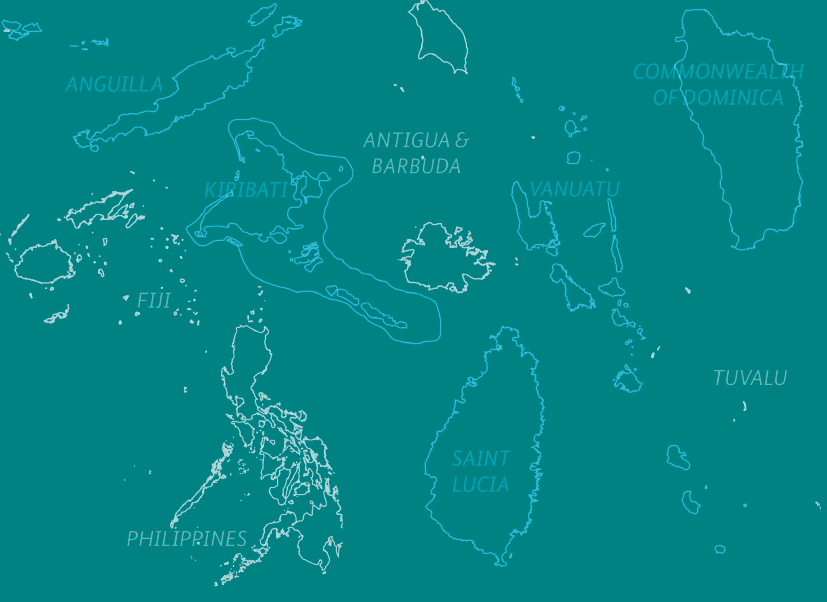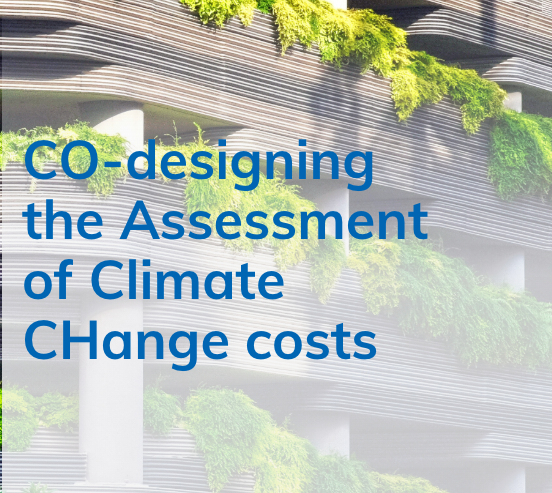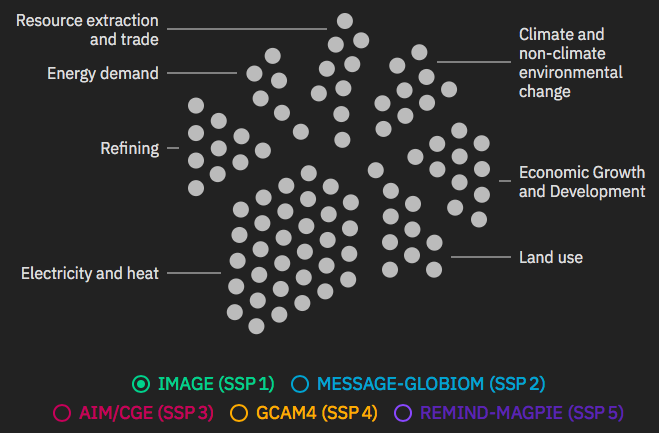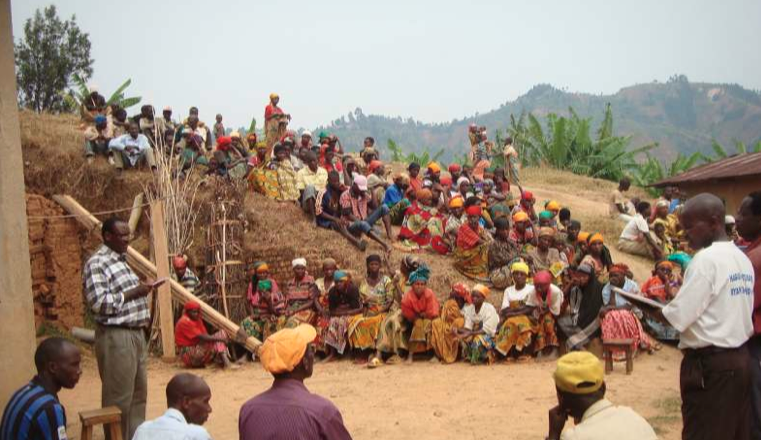PIK

The Potsdam Institute for Climate Impact Research addresses crucial scientific questions in the fields of global change, climate impacts and sustainable development.
Researchers from the natural and social sciences work together to generate interdisciplinary insights and to provide society with sound information for decision making.
The main methodologies are systems and scenarios analysis, modelling, computer simulation, and data integration.
Research
Data concerning the past and present earth system as well as data on economic and social developments provide the basis for most research at PIK. Analysis of records and information constantly collected around the globe helps to understand the complex dynamics at play. This applies to flow processes in the Antarctic Ice Sheet as well as price trends in the European emissions trading system – both relate to climate.
The data gathered is fed into models – multidimensional systems of equations that simulate processes in the earth system or in economic systems. Models are mostly tested on the past. Whether they reliably replicate temperature gradation of past cold and warm periods can be verified through data from natural climate archives. These are for example ice cores from the polar regions or sediments from the coasts. Once the models are calibrated, they can be used to project future developments – always based on certain assumptions like the increase of CO2 emissions.
The results are scenarios: not predictions, but if-then statements. The uncertainties which are inherent in many scenarios are clearly spelled out according to good scientific practice.
Maintaining scientific excellence remains central in all the institute’s activities, however pressing the social relevance and urgency of the institute´s research agenda. Most findings are published in international scientific journals after being thoroughly reviewed by researchers of other institutions. PIK itself is externally evaluated on a regular basis. It is only on the basis of such a comprehensive quality control that PIK provides its scientific findings to decision makers from politics and business.









